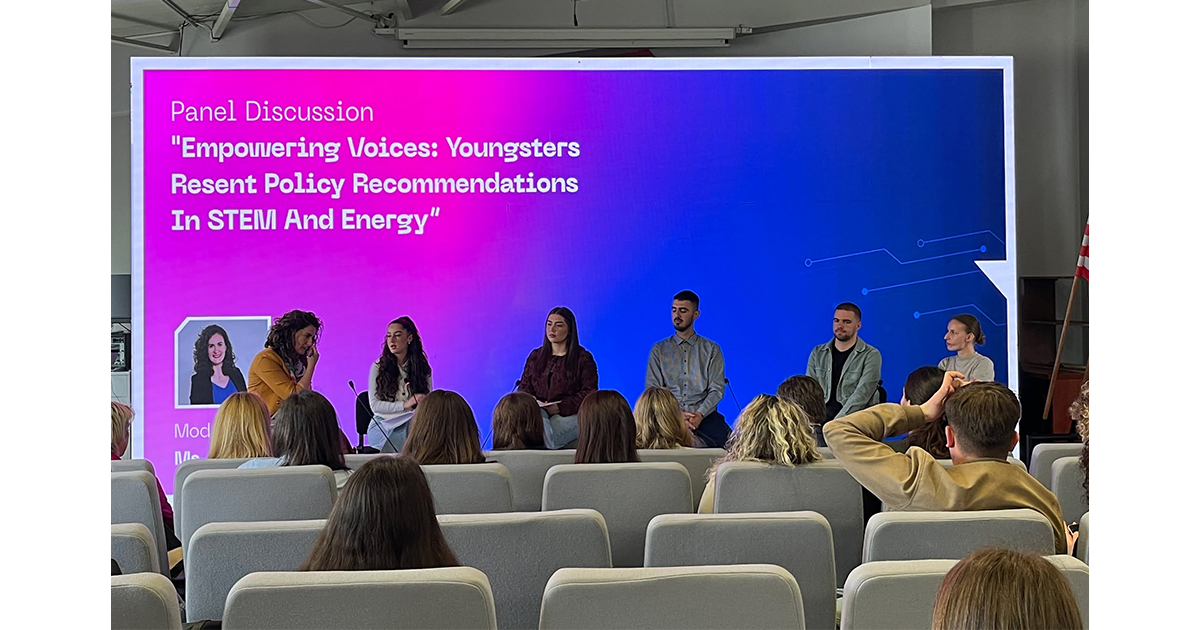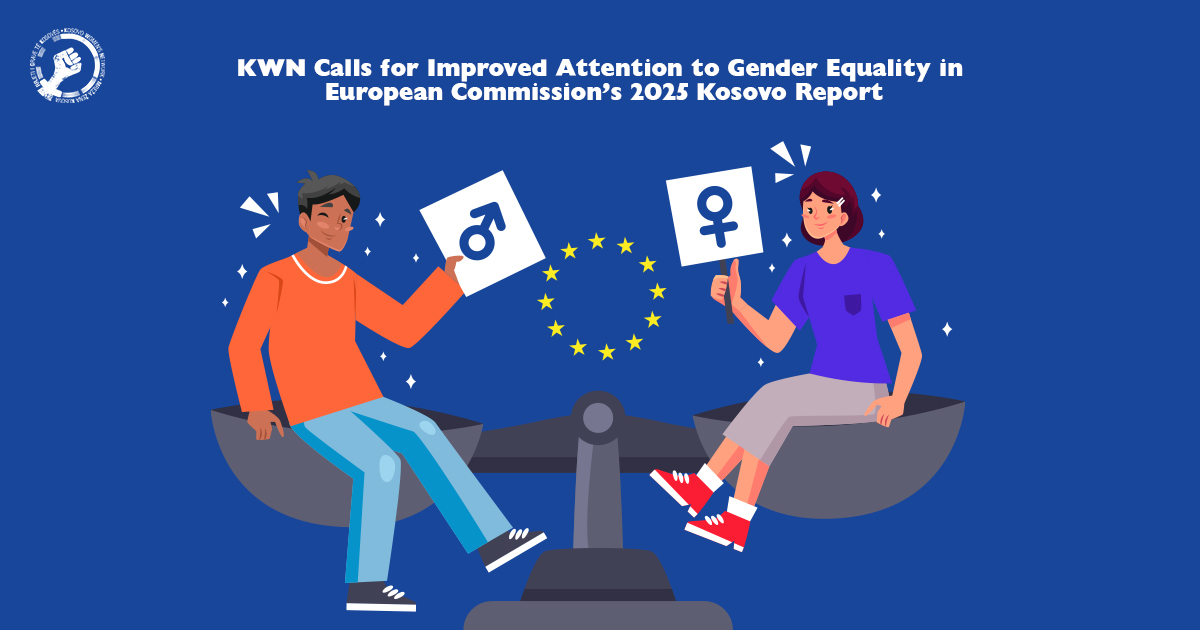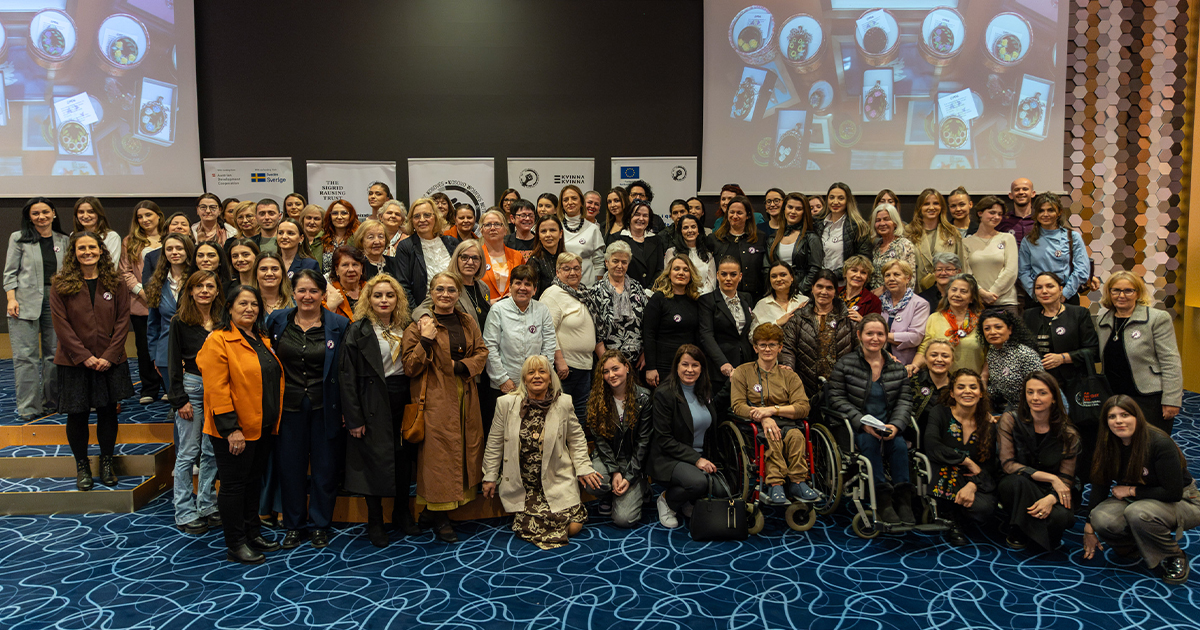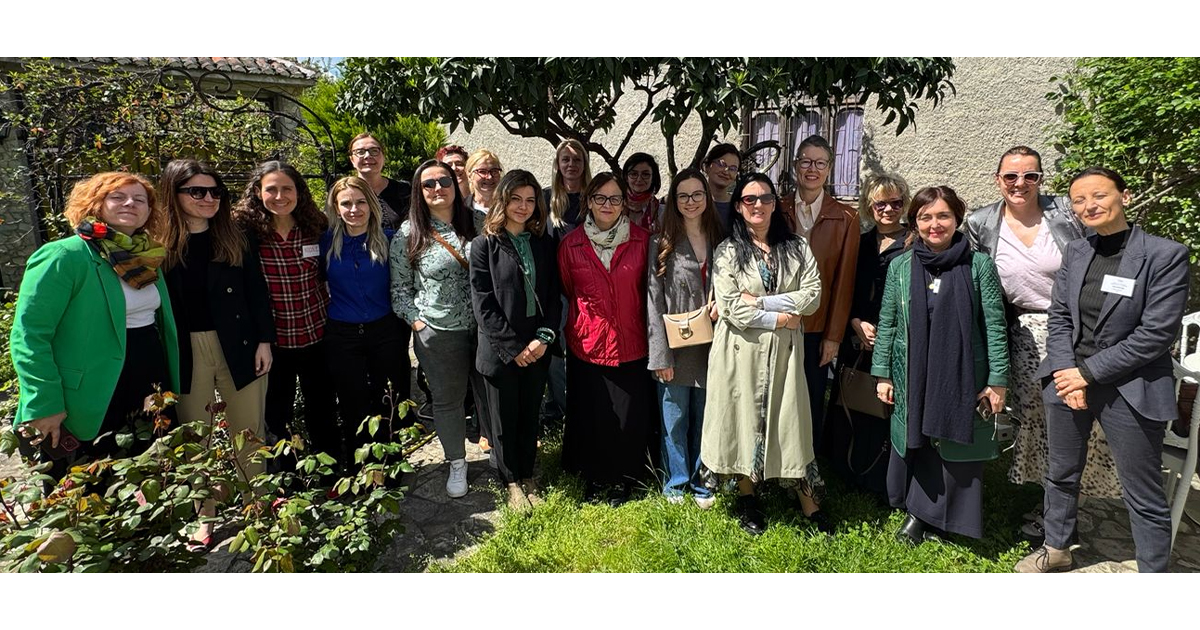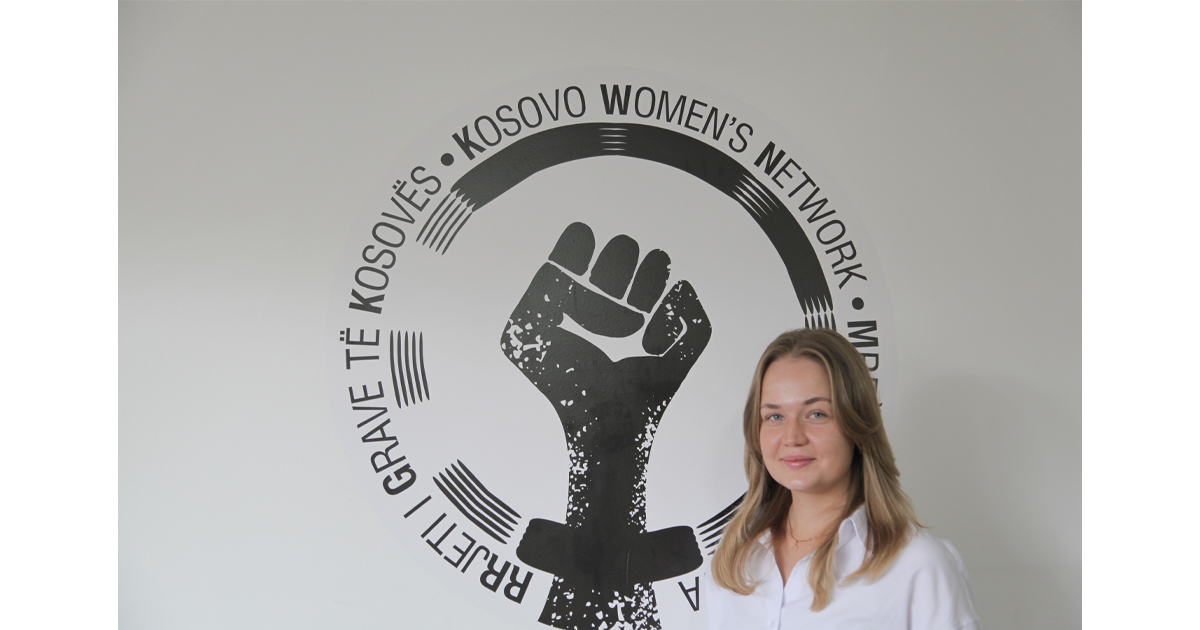The Kosovo Women’s Network calls on individuals from all groups and communities, regardless of age or background, to actively engage in strengthening the feminist movement in Kosovo. We know that when more people step forward, more voices are heard, and real change becomes possible. This is a moment to stand together, challenge inequality, and build a society where gender justice is not just a goal but a reality.
Through our Volunteer Program, we offer a space for learning, advocacy, and action. Whether you are a researcher, an activist, a student, or simply someone who’s passionate about human rights, your involvement can make a difference. By joining the KWN, you will have the opportunity to develop new skills, contribute to research, and deepen your understanding of the challenges women in Kosovo face, such as gender-based violence, economic inequality, and systemic discrimination.
Over the years, the KWN has engaged at least 392 different volunteers from Kosovo and beyond, empowering them with the tools to become advocates for change. Now, the KWN is expanding this movement and needs you. Together, we can build a stronger and more inclusive feminist movement – a movement that amplifies voices, influences policies, and paves the way for a more just and equal future.
The Volunteer Program also offers opportunities to develop or enhance skills in research and other areas related to women’s rights work. Moreover, the KWN covers expenses related to volunteering.
If you are interested in becoming a volunteer at the KWN or would like to learn more about our Volunteer Program, please contact us at info@womensnetwork.org attaching your CV.


